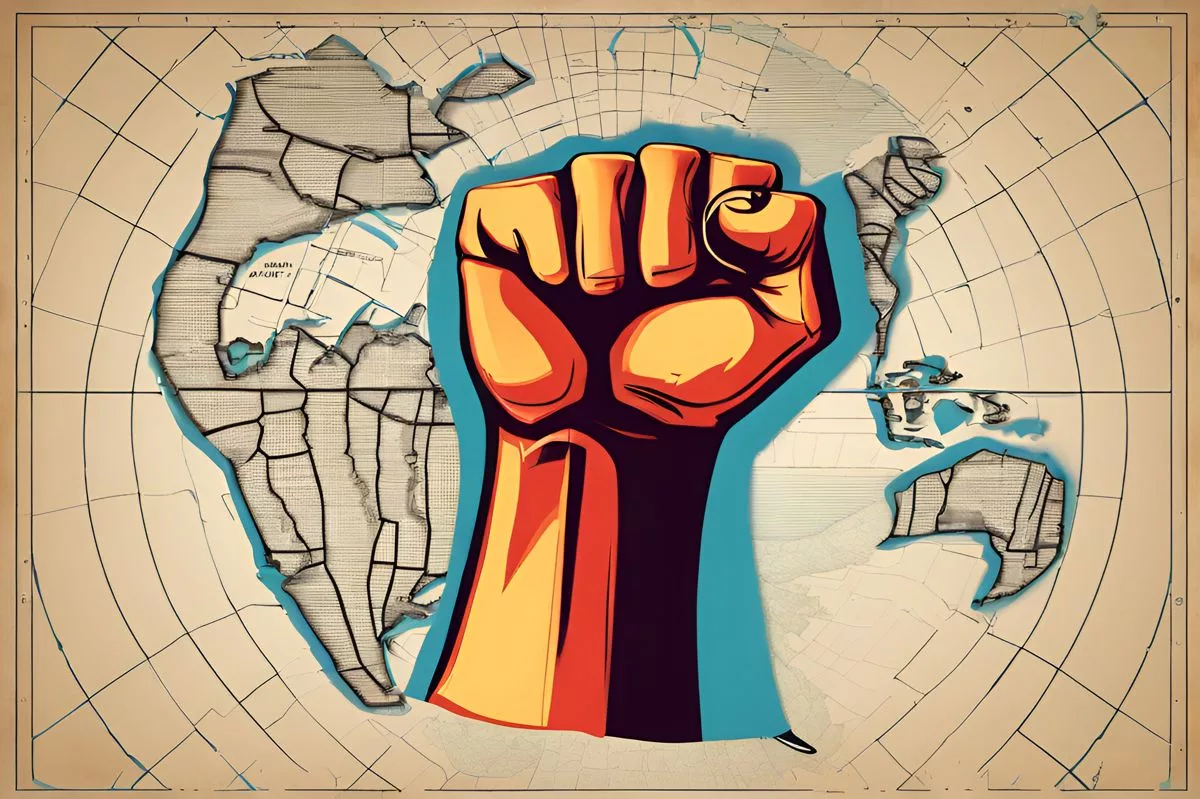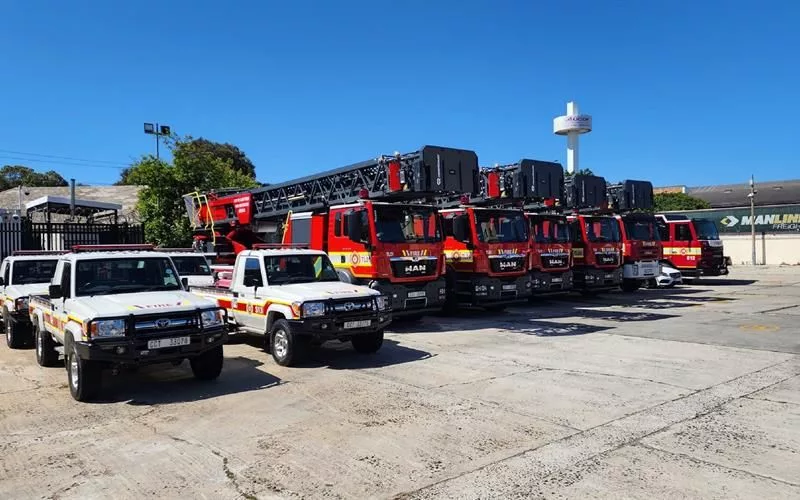Cape Town is facing a growing extortion problem that affects various sectors of the city, including business centers, public transportation networks, and service delivery contractors. To combat the issue, the City of Cape Town has introduced initiatives such as offering a reward to those who provide information leading to the capture of extortionists and launching public awareness campaigns. However, the fight against extortion is an uphill battle, and the city needs the collective efforts of its residents, authorities, and the broader South African community to restore safety and prosperity to the city.
Cape Town is grappling with a growing extortion issue that is progressively blemishing its reputation and stunting its development. The problem is not confined to a single sector and encroaches upon numerous aspects of the city’s operations. In response, the City of Cape Town introduced a bold initiative of offering a reward to anyone providing information assisting in the capture of these extortionists, along with campaigns aimed at enhancing public consciousness. The war against extortion in Cape Town calls for the united efforts of the city’s residents, authorities, and even the broader South African community.
A City Under Siege
Tucked away on Africa’s southernmost point is the mesmerizing city of Cape Town, a coastal urban hub renowned for its lively culture, majestic natural landscapes, and regrettably, a burgeoning extortion issue. The city, despite breaking records with significant infrastructure investments, finds itself grappling with a growing menace from extortionists; a predicament that is progressively blemishing its reputation and stunting its development.
The extortion problem in Cape Town is not confined to a single sector. Rather, it is an endemic issue that encroaches upon numerous aspects of the city’s operations, encompassing business centers, public transportation networks, construction locales, and service delivery contractors. The victims are selected randomly, disregarding their societal contribution or the economic implications their harassment might impose.
A particularly egregious manifestation of this widespread issue can be seen in the city’s townships. Service delivery contractors working in these regions often encounter intimidation and threats, effectively prevented from accessing certain areas due to the danger posed by the extortionists. The repercussions are severe, as vital services are obstructed, detrimentally impacting the daily lives of average citizens.
Bold Measures in Response
In a courageous counteraction to this escalating predicament, the City of Cape Town introduced a daring initiative. A reward, topping at a quarter of a million Rand, is now on offer to anyone equipped to provide information assisting in the capture of these extortionists.
Alderman JP Smith, a member of the Cape Town Mayoral Committee for Safety and Security, unveiled the initiative in a public Facebook post. He underscored the city’s resolve to identify and connect the various criminal syndicates involved in the extortion activities. This endeavor showcases the city’s unyielding dedication to tackle the extortion issue, while appealing to the public’s moral compass and communal spirit.
Parallel to this incentive-driven strategy, Cape Town has also rolled out campaigns aimed at enhancing public consciousness. The “Enough is Enough!” campaign, propelled by City of Cape Town Mayor Geordin Hill-Lewis, is centered on illuminating the issue of protection fees. The campaign also incorporates a toll-free number for citizens to report incidents, fortifying the city’s strategy to accumulate valuable intelligence against the extortion operations.
The Uphill Battle
But, the war against extortion in Cape Town is far from simple as demonstrated by a recent incident wherein police officers were recorded assaulting a barber. Half a year passed before the officers implicated were indicted, accentuating the intricacies and obstacles the city wrestles with in its crusade against criminal activity.
Cape Town’s struggle against extortion is a tribute to the city’s tenacity. Despite the formidable challenges, the city’s administrative bodies persist in their efforts to restore their town’s sense of safety and prosperity. The strategies implemented, from offering rewards for information to launching public awareness campaigns, represent pivotal initial strides towards reinstating the city’s equilibrium.
Collective Responsibility
Nevertheless, it’s not a battle that the city should be expected to wage single-handedly. It’s a shared fight that calls for the united efforts of the city’s residents, authorities, and even the broader South African community. Collectively, they bear the responsibility and harbor the aspiration of seeing Cape Town liberated from the grasp of extortion, thereby reinstating its allure as a flourishing city cherished by locals and visitors alike.
1. What is the extortion problem in Cape Town?
Cape Town is facing a growing extortion problem that affects various sectors of the city, including business centers, public transportation networks, and service delivery contractors.
2. What initiatives has the City of Cape Town introduced to combat the issue of extortion?
The City of Cape Town has introduced initiatives such as offering a reward to those who provide information leading to the capture of extortionists and launching public awareness campaigns.
3. Are there any particular areas in Cape Town that are affected by the extortion problem?
The extortion problem in Cape Town is not confined to a single sector. It encroaches upon numerous aspects of the city’s operations, encompassing business centers, public transportation networks, construction locales, and service delivery contractors. Service delivery contractors working in townships often encounter intimidation and threats, effectively prevented from accessing certain areas due to the danger posed by the extortionists.
4. What is the “Enough is Enough!” campaign?
The “Enough is Enough!” campaign, propelled by City of Cape Town Mayor Geordin Hill-Lewis, is centered on illuminating the issue of protection fees. The campaign also incorporates a toll-free number for citizens to report incidents, fortifying the city’s strategy to accumulate valuable intelligence against the extortion operations.
5. Is the fight against extortion in Cape Town easy?
No, the war against extortion in Cape Town is far from simple, as demonstrated by incidents such as police officers assaulting a barber. It highlights the intricacies and obstacles the city wrestles with in its crusade against criminal activity.
6. Who bears the responsibility of tackling the extortion problem in Cape Town?
The extortion problem in Cape Town is a shared fight that calls for the united efforts of the city’s residents, authorities, and even the broader South African community. Collectively, they bear the responsibility and harbor the aspiration of seeing Cape Town liberated from the grasp of extortion, thereby reinstating its allure as a flourishing city cherished by locals and visitors alike.












